The role of developers and their relationship with AI has been a topic of discussion on several occasions. From speaking with and observing developers, I am not personally convinced that many have fully embraced AI in their day-to-day work.
Looking ahead, I predict that new and emerging developers will adopt AI far more naturally than their ‘old-school’ counterparts who built their careers without it. I suspect this relationship with AI will be a personal one — for some, it will be love; for others, frustration.
Interestingly, one recent Software Engineering graduate I know, who is under the age of 25, is not particularly keen on using AI to write code.
To be clear, I have been a regular AI user since ChatGPT first became available. Personally and professionally, I rely heavily on AI tools. Although I am not a full-time developer, I have undertaken various small projects throughout my career, including:
- C# SharePoint WebParts, Console, and WinForms applications
- A C# MVC application
My primary development experience lies in automation with PowerShell, and over the past three years, DevOps work involving PowerShell, Python, and Bash.
More recently, I developed a Flutter app. While I previously hand-coded an app (which I never published), this new app was built almost entirely by AI agents — and, I must admit, it turned out better than anything I could have produced manually. That said, it was a learning process to get the AI working within defined parameters. Clear boundaries made a significant difference to the quality of the output.
AI is far from perfect. To get the best results, you must work with it carefully and deliberately.
Professionally, I primarily use AI agents to assist with writing Bash and PowerShell scripts. However, I always review and thoroughly test any code before accepting it; I do not commit blindly.
Has AI improved my productivity?
I would say yes — by roughly 35 to 40%. Features like auto-complete are both a help and a hindrance: they can speed things up, but sometimes interfere or suggest approaches I disagree with.
We must remember, AI is still in its early stages. Like any technology, it will take time to mature.
Returning to the core question: is this the end for developers?
By ‘developer’, I refer to someone who can write code independently, with minimal or no AI assistance.
In my view, junior developers may be most at risk. Within a few years, AI could easily match — or even outperform — junior-level skills. As AI continues to evolve, I believe intermediate developers may eventually face similar challenges.
I leave you with this thought:
In the next decade or two, will we still need developers in the traditional sense — or will the role evolve into something entirely new?
Share your thoughts below.

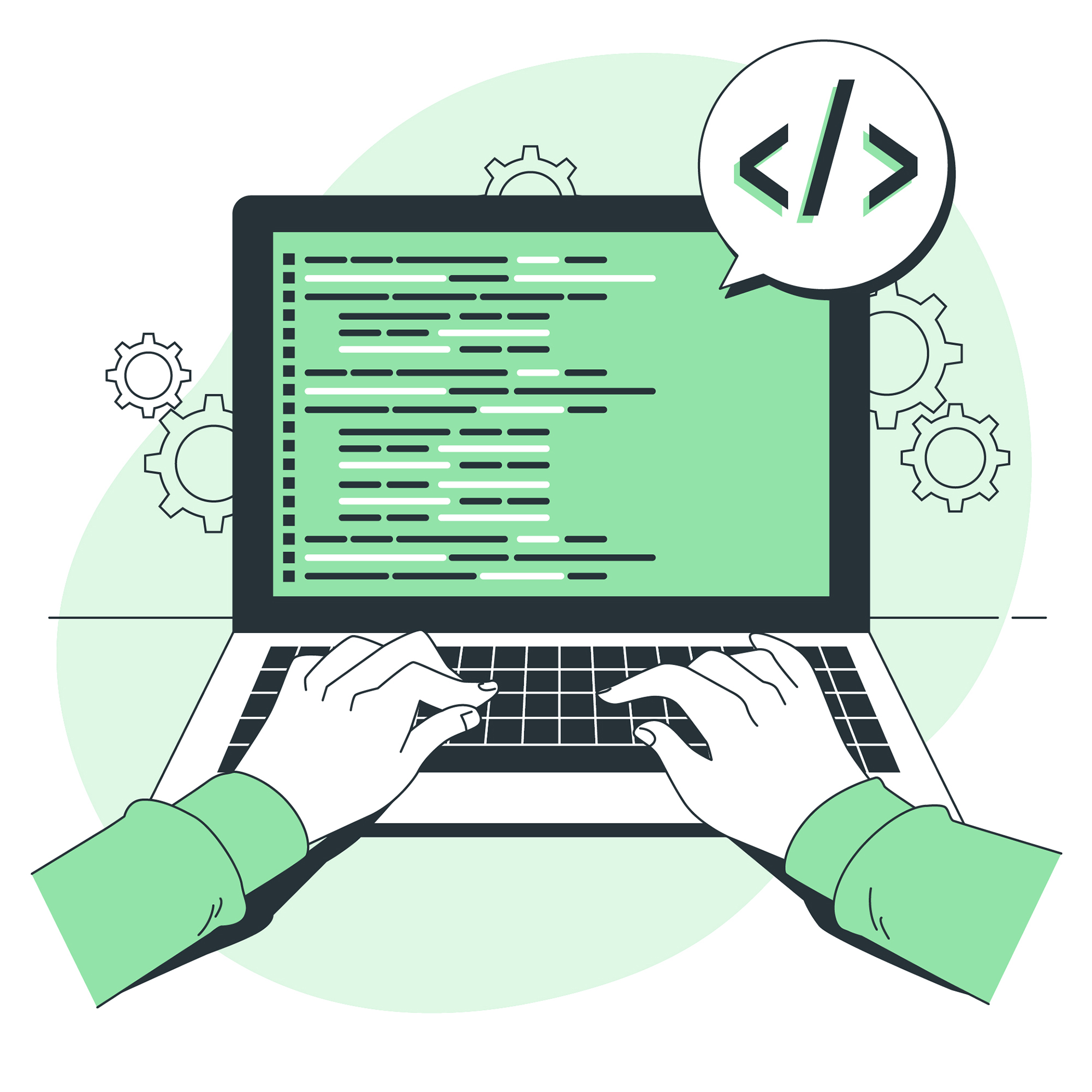
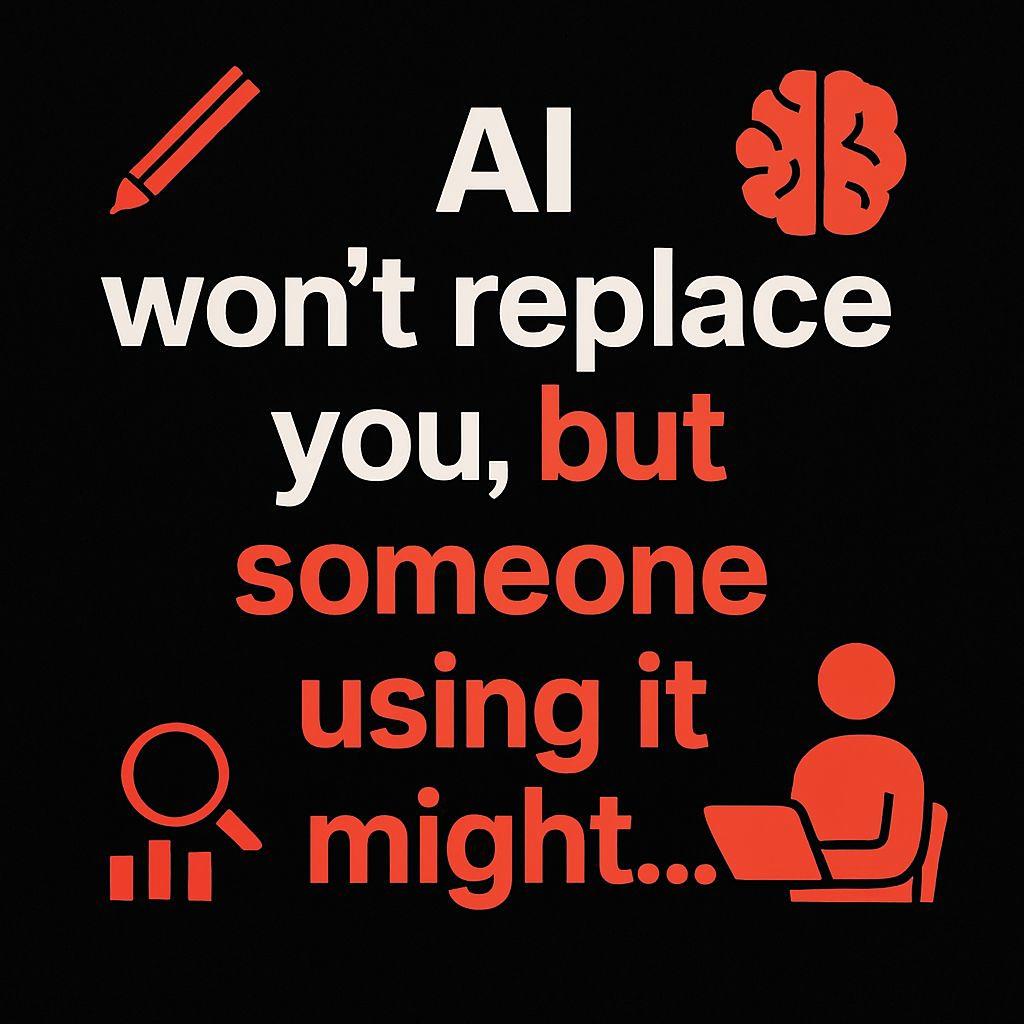

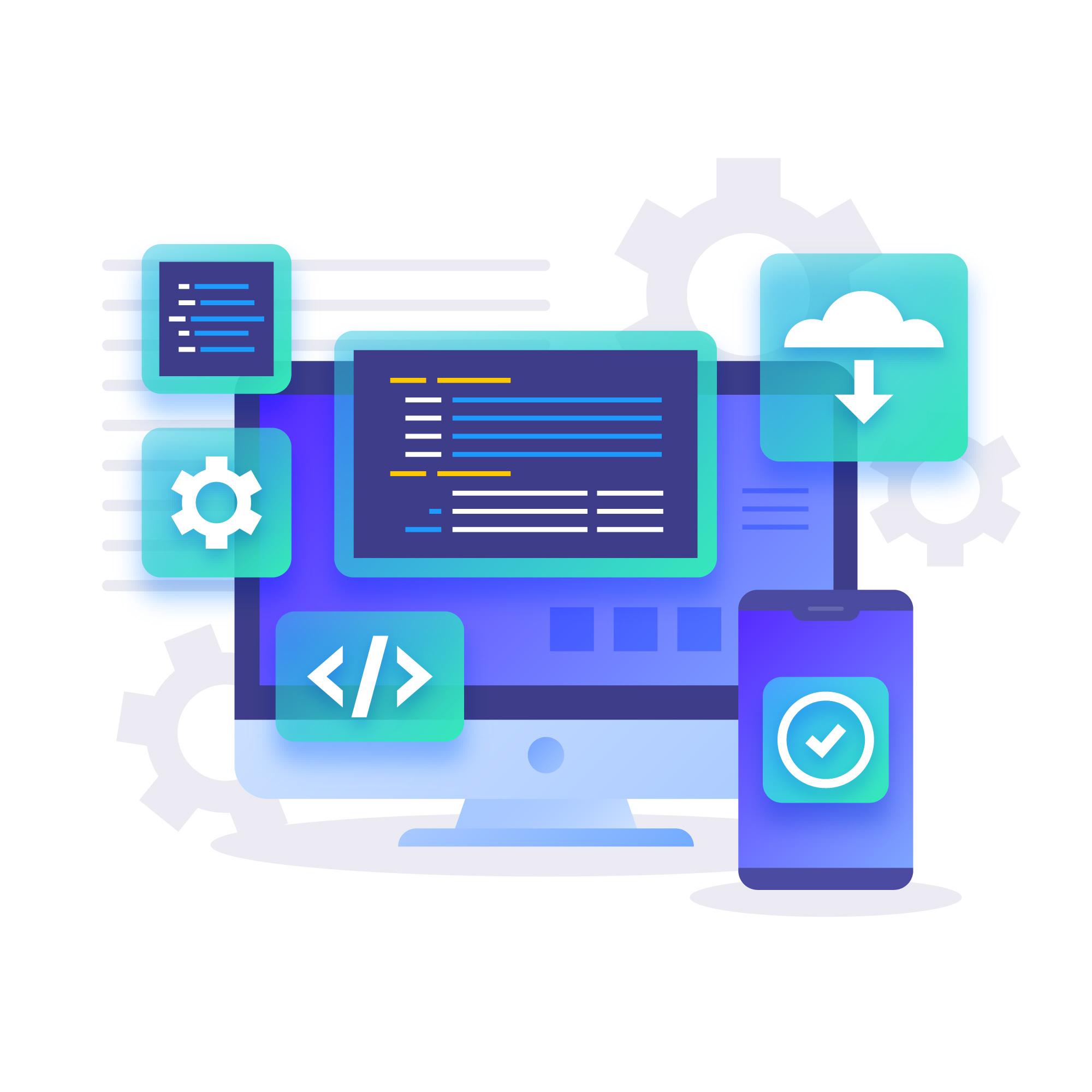
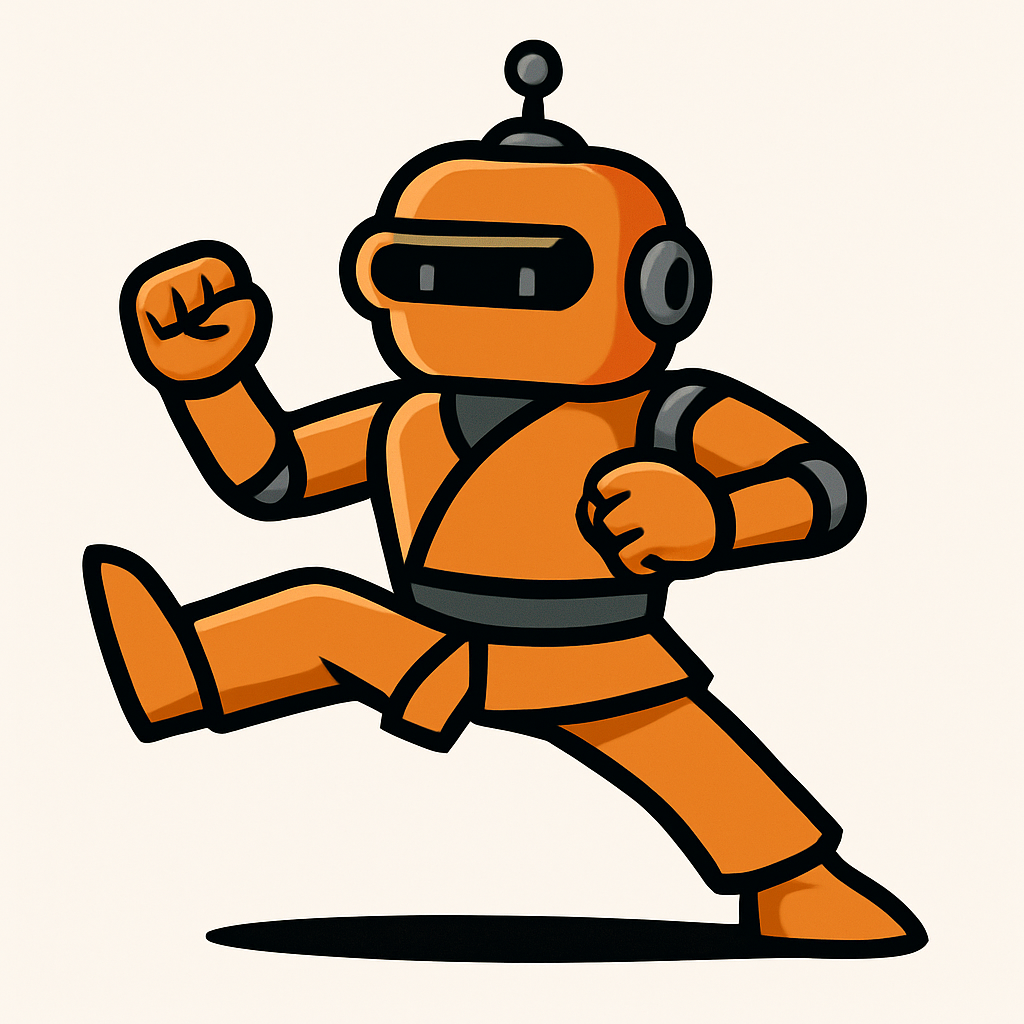
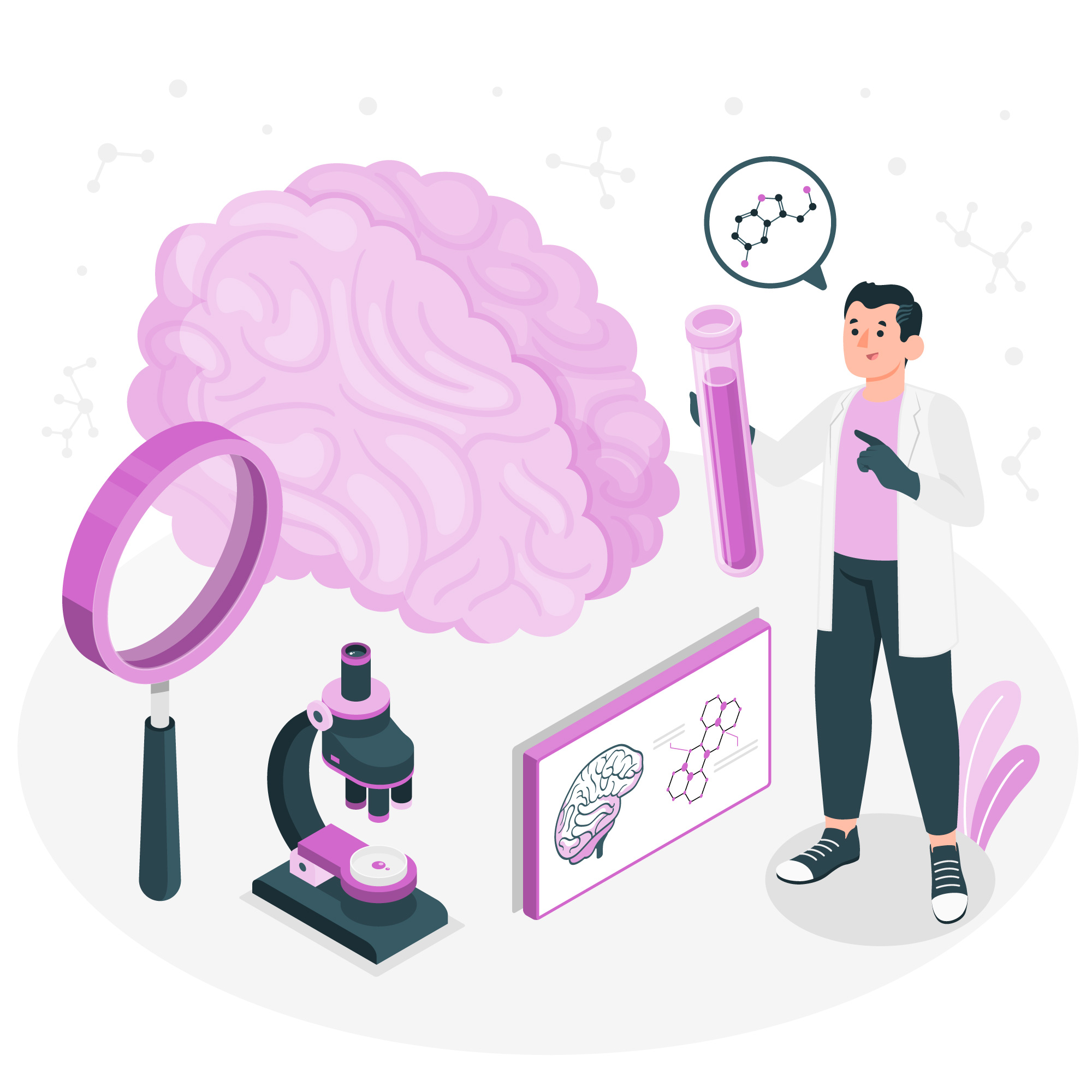

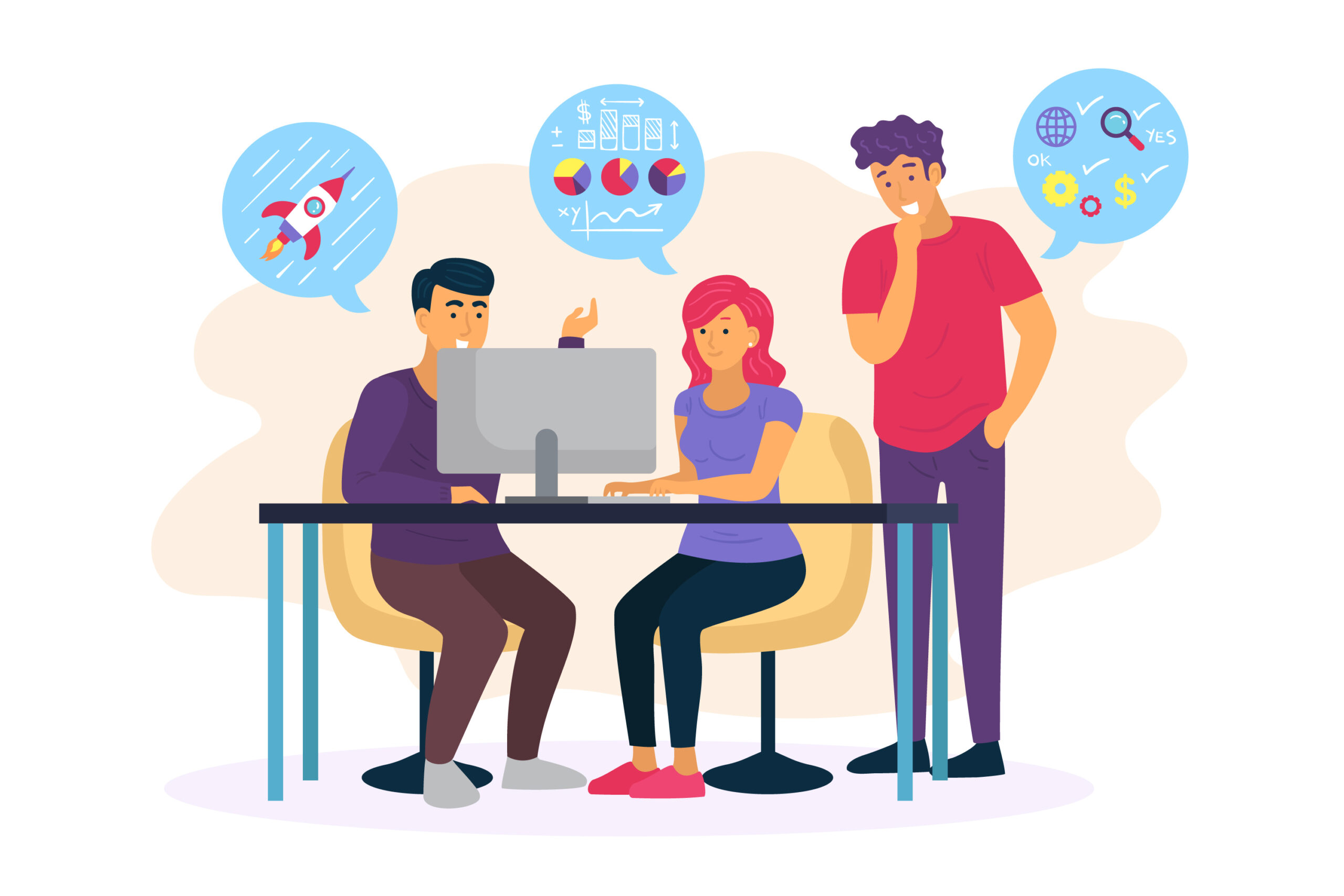
Leave a Reply